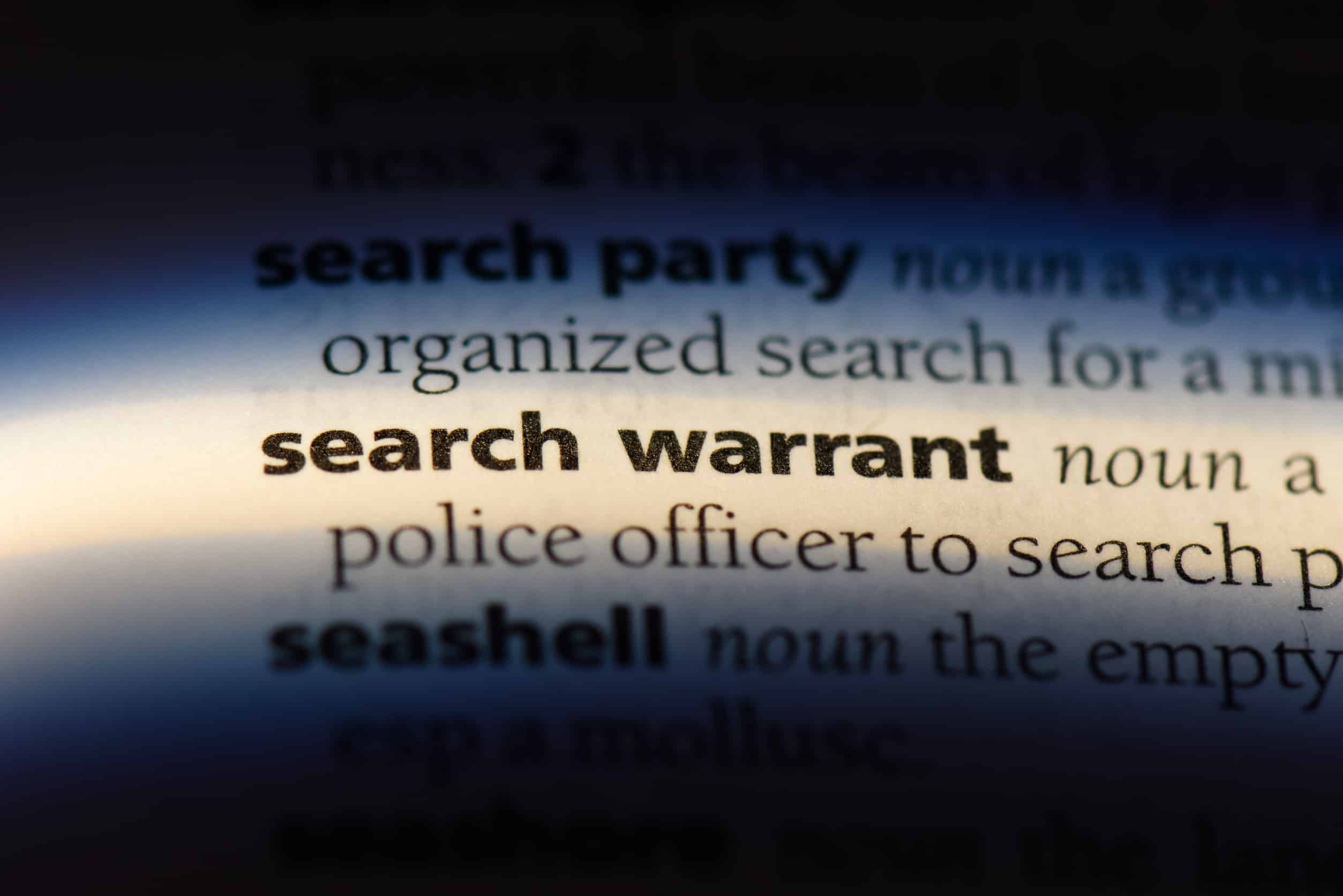In the realm of criminal defense, particularly in weapons cases, understanding the constitutional aspects of search and seizure is paramount. The Fourth Amendment to the United States Constitution protects individuals from unreasonable searches and seizures, emphasizing the right to privacy.
In North Carolina, as in the rest of the country, the delicate balance between law enforcement’s duty to protect public safety and an individual’s right to be free from unlawful searches and seizures plays a crucial role. This blog explores the constitutional implications of search and seizure in NC weapons cases, shedding light on scenarios where evidence may be obtained unlawfully and how a skilled lawyer can effectively challenge such instances in court.
The Fourth Amendment and Weapons Cases
The Fourth Amendment serves as a shield against arbitrary governmental intrusion, emphasizing the requirement for law enforcement to obtain a warrant based on probable cause before conducting searches and seizures.
In the context of weapons cases, this amendment holds significant importance. Police officers must adhere to strict legal procedures to ensure evidence collected during the investigation is admissible in court.
Unlawful Search and Seizure Scenarios
In weapons cases, there are several scenarios where evidence may be obtained unlawfully, violating the Fourth Amendment. One common situation is when law enforcement conducts a search without a proper warrant or valid consent. If officers overstep their authority or act without the necessary legal justification, the evidence they collect may be deemed inadmissible.
Another scenario involves the execution of search warrants that lack the required specificity. The Fourth Amendment demands that warrants describe with particularity the place to be searched and the items to be seized. If a warrant is too broad or fails to specify the objects of the search adequately, it may be challenged in court.
Furthermore, evidence collected through an arrest without probable cause may also be subject to challenge. If law enforcement lacks reasonable grounds to believe a person has committed a crime, any subsequent search or seizure may be considered unlawful. This principle is particularly relevant in weapons cases, where the legality of the initial arrest can significantly impact the admissibility of evidence.
The Exclusionary Rule and its Role in Weapons Cases
The exclusionary rule comes into play to deter law enforcement misconduct and safeguard individual rights. This legal doctrine dictates that evidence obtained in violation of the Fourth Amendment is generally inadmissible in court. In weapons cases, the exclusionary rule is crucial for defense attorneys aiming to suppress unlawfully obtained evidence.
Challenging Unlawful Search and Seizure in Court
A skilled criminal defense lawyer is pivotal in challenging unlawful search and seizure in weapons cases. Firstly, they meticulously review the search and seizure circumstances, evaluating whether law enforcement adhered to constitutional standards. If any violations are identified, the attorney can file a motion to suppress the evidence, preventing it from being used against the defendant in court.
Building a Strong Defense
In the face of weapons charges, building a strong defense is imperative. An experienced criminal defense lawyer challenges illegal search and seizure and explores other avenues to defend their client. This may involve questioning the reliability of witness statements, examining the chain of custody of seized evidence, or challenging the constitutionality of relevant statutes.
The importance of legal representation cannot be overstated, especially when facing charges related to weapons offenses. A skilled attorney understands the intricacies of the law, has a deep knowledge of constitutional rights, and can navigate the complexities of the legal system to ensure a fair and just outcome for their client.
Choosing the Right Attorney
Selecting the right attorney is a critical decision when charged with a weapons offense. An experienced criminal defense lawyer with a proven track record in challenging illegal search and seizure can make a significant difference in the outcome of a case. They possess the skills to scrutinize the facts, identify constitutional violations, and effectively advocate for their client’s rights in court.
Defending Against Illegal Searches & Weapons Charges In North Carolina
In the realm of NC weapons cases, the constitutional aspects of search and seizure form the backbone of a robust defense. It is crucial for defendants and their legal representatives to understand the Fourth Amendment, the exclusionary rule, and the various scenarios where evidence may be obtained unlawfully.
By engaging a skilled criminal defense lawyer, individuals facing weapons charges can mount a strong defense, challenging any constitutional violations and striving for a fair and just resolution in the courtroom.










